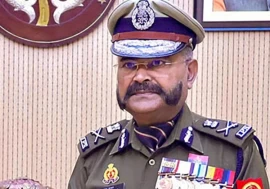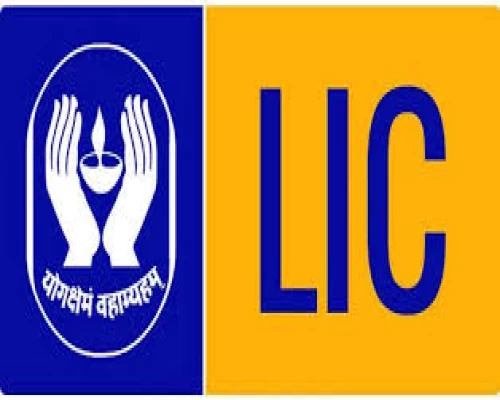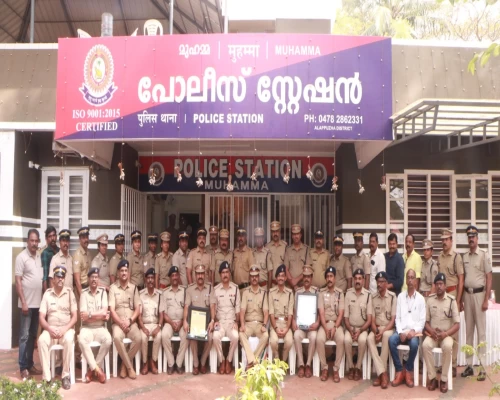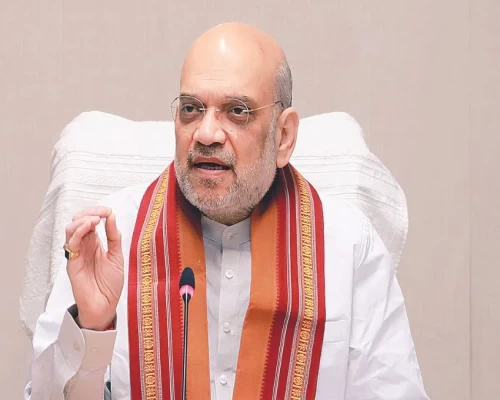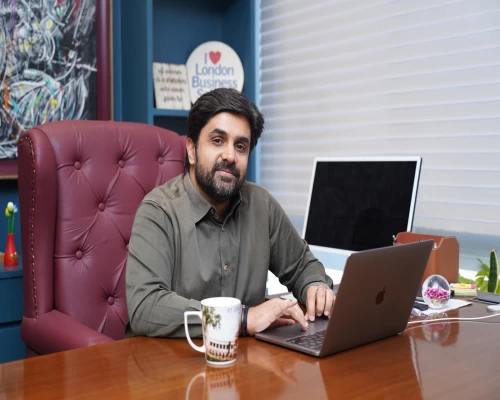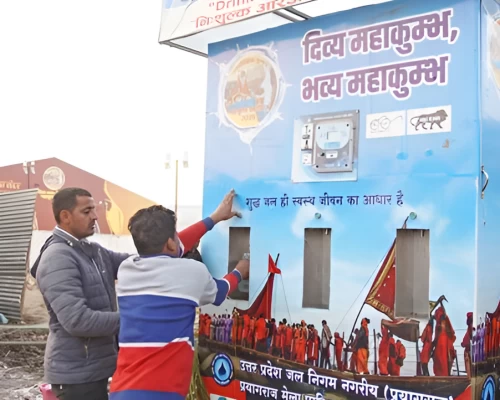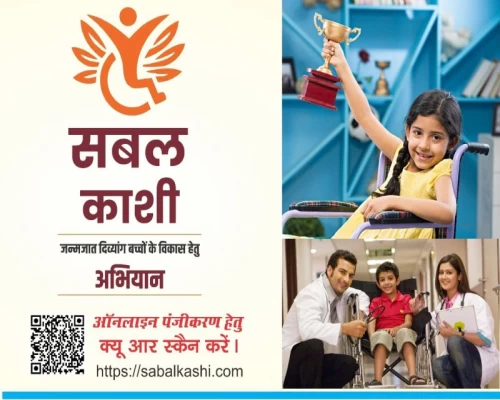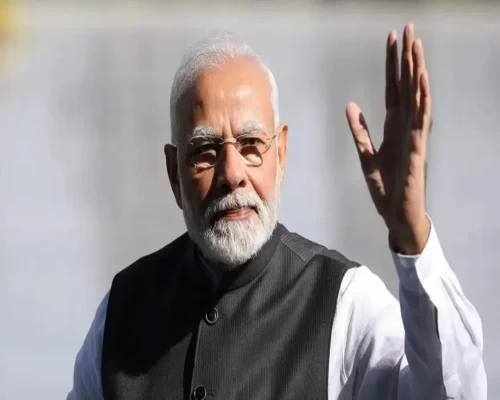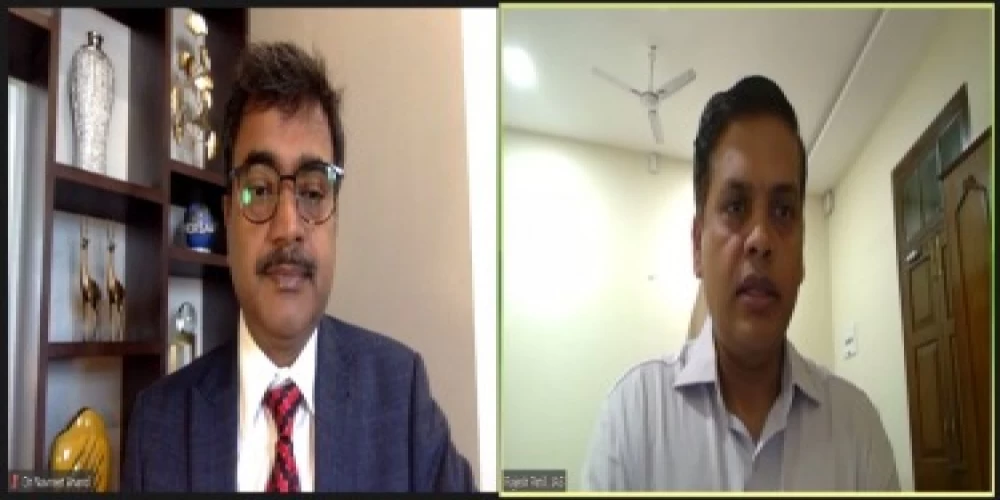
New Delhi: Given the role of education in a country’s holistic development, senior IAS officer of Odisha cadre Rajesh Patil has stressed the need for ensuring that every person in India must have access to at least basic minimum education.
In an exclusive online interview with Bureaucrats India Editor-In-Chief Dr Navneet Anand and Associate Editor Sweta Bharti on Friday, Dr Patil said: “It is important for the country’s development that every person has at least basic education. We all need to work in this direction with all sincerity and devotion.”
“When I was the District Magistrate, Mayurbhanj, Odisha, I had the opportunity to design certain interventions. We started the ‘I will read too’ campaign. We prepared a blueprint. We did an extensive survey; talked to stakeholders. We identified those children who were not coming to schools regularly. We found out the reasons and we devised intervention for the entire family,” he said.
“The entire exercise went so well and proved quite fruitful. Those who were orphans or had a single parent were provided with the help they needed. Sometimes accessibility was the problem. It was also taken care of. We made the initiative a mission for everyone in the district. We fixed accountability for every child. At the end everyone was happy because it became the people’s initiative,” he said.
Talking about his decision to join the Civil Services, Patil said: “My parents are my biggest inspiration. I wanted to do something for my people. For that I needed to be in a position where I could do something meaningful. Hence, I chose to appear in the UPSC, which I cleared against all odds and challenges.”
While reflecting about his book ‘Ma, Mai Collector Ban Gaya,’ Dr Patil, currently Director, Special Projects; SMD, Odisha Livelihood Mission, Panchayati Raj, and Drinking Water Department, said: “When I went to check my UPSC results, after finding my name in the list, I called up my mother. I told her – ‘Mother I have become a collector’ and that is the title of the book. It is a story of social realities of rural ideas. It is a good read for everyone, not just for those who are preparing for competitive examinations.”


